Choosing the Best Computer Case: Size, Style, and Cooling Options
Picking the right computer case for your next PC
Building your custom PC can be an exciting project, but it can also be overwhelming with the number of components and accessories you can choose from. One of the most important decisions you will make is choosing the right computer case. In this article, we will guide you through the process of finding the best computer case for your next build.
Consider the Size
Computer cases come in various sizes, from small Mini-ITX cases to full-tower cases that can accommodate multiple graphics cards and storage drives. The size of the case you choose will depend on the components you plan to install in your build, including the number of hard drives, graphics cards, and cooling systems. A larger case will provide more room for expansion and upgrades, but it may take up more space on your desk.
Computer cases come in various sizes, each with advantages and disadvantages. Let’s take a closer look at the different sizes available:
Mini-ITX: Mini-ITX cases are the smallest and most compact option, making them ideal for those who want a compact and portable PC. They are limited in terms of expansion and upgrade options, but they can still accommodate a small graphics card and a single hard drive or solid-state drive.
Micro-ATX: Micro-ATX cases are slightly larger than Mini-ITX cases and offer more room for expansion. They can accommodate more hard drives and graphics cards, but they still maintain a compact size that is ideal for small spaces.
Mid-Tower: Mid-tower cases are larger than Micro-ATX cases and offer more room for expansion. They are a good choice for those who want a balance between size and upgrade options. They can accommodate multiple graphics cards, multiple hard drives, and larger cooling systems.
Full-Tower: Full-tower cases are the largest option and offer the most room for expansion and upgrades. They are ideal for those who want a high-end PC with multiple graphics cards, multiple hard drives, and extensive cooling systems. They can also accommodate E-ATX motherboards, which offer even more expansion options.
The size of the computer case you choose will depend on the components you plan to install in your build and your personal preference. A larger case will provide more room for expansion and upgrades, but it may take up more space on your desk. A smaller case will be more compact and portable, but it may have limited upgrade options.
Consider the Style
Computer cases come in various styles, including sleek and minimalist designs, gamer-oriented cases with bold colors and lighting, and cases with a more industrial look. The style you choose should reflect your personal taste and complement the look of your other components.
Computer cases come in a range of styles, each with its own unique look and features. Here are some of the different styles of computer cases to consider:
Traditional Tower: Traditional tower cases are the most common and have a classic design that includes a tower-like structure with a front panel and multiple drive bays. They are available in a range of sizes, from Mini-ITX to Full-Tower, and are a good choice for those who want a classic and functional look.
Gaming Cases: Gaming cases are designed to look flashy and modern, with eye-catching designs and often a focus on RGB lighting. They may have unique features such as tempered glass panels, cable management options, and support for additional fans and radiators. They are a good choice for those who want a high-performance PC with a sleek and modern look.
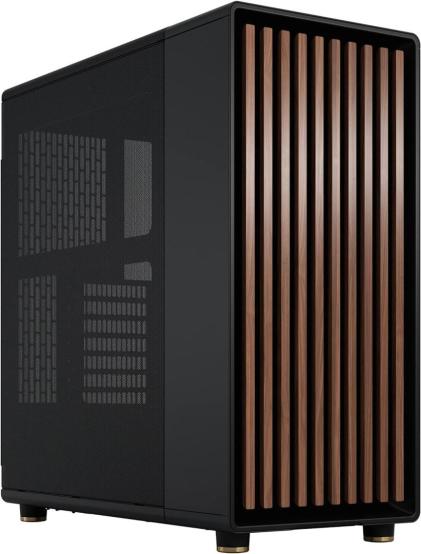
You can see all the different styles and options available to create your Custom PC
SFF (Small Form Factor) Cases: SFF cases are designed for compact builds and are available in Mini-ITX and Micro-ATX sizes. They are typically shorter and wider than traditional tower cases and offer a unique look with compact dimensions. They are a good choice for those who want a compact and portable PC or who are looking for a case that takes up minimal desk space.
HTPC (Home Theater PC) Cases: HTPC cases are designed for use in a home theater setup and often have a slim and sleek design that looks like a traditional AV component. They are typically smaller than traditional tower cases and are available in Mini-ITX and Micro-ATX sizes. They are a good choice for those who want a PC that blends in with their home theater setup.
Modular Cases: Modular cases are designed to allow for easy customization and upgrade options. They typically have a unique and modern design and may include modular drive bays, removable panels, and cable management options. They are a good choice for those who want a flexible and customizable PC.
The style of computer case you choose will depend on your personal preference and the look you want for your PC build. Whether you prefer a traditional look, a modern gaming case, or a compact SFF case, there is a wide range of options available to suit your needs and budget.
Consider the Cooling Options
Cooling is an essential factor when choosing a computer case. Most cases come with one or more fans pre-installed, but you may want to add additional fans for better cooling, especially if you plan to overclock your components. Look for a case that has good airflow and enough room for additional fans if you need them. Here are some key factors to consider when it comes to cooling in a computer case.
Airflow: Good airflow is crucial for keeping your components cool and preventing overheating. Look for a case with good airflow and enough room for additional fans if you need them. Consider the placement of the fans, as well as their size and speed, as this will impact the overall cooling performance.
Fans: Most computer cases come with one or more fans pre-installed, but you may want to add additional fans for better cooling, especially if you plan to overclock your components. Consider the number and size of fans, as well as the placement of the fans in the case. High-end cases may come with additional features such as fan controllers or RGB lighting, which can enhance the overall cooling performance.
Radiator Support: If you plan to use a liquid cooling system, make sure the case you choose has enough room for a radiator and supports the size of the radiator you plan to use. Some cases also have dedicated spaces for radiators, which can make installation easier and improve cooling performance.
Cable Management: Good cable management can also improve cooling performance by reducing clutter and promoting good airflow within the case. Look for a case with good cable management options, such as cable routing channels, grommets, and cable ties.
Cooling is an important consideration when choosing a computer case. Good airflow, adequate fan support, radiator support, and good cable management are all important factors to consider when selecting a case for your next PC build. By taking the time to research and compare your options, you can find the best case to keep your components cool and running smoothly.
Consider the Price
Computer cases range in price from budget options to high-end models. The price you pay will depend on the features and materials used in the construction of the case. Consider how much you are willing to spend on a case and what features are most important to you.
The price of a computer case can vary greatly, depending on factors such as size, style, and features. Here are some things to keep in mind when considering the price of a computer case:
Budget Cases: Budget cases are typically priced at less than $50 and are designed for basic PC builds. They may have limited features and cooling options but are a good choice for those on a tight budget or who are building a basic PC for everyday use.
Mid-Range Cases: Mid-range cases are priced between $50 and $100 and offer a good balance of features and price. They may have better cooling options, more drive bays, and better cable management options than budget cases. They are a good choice for those who want a decent case without breaking the bank.
High-End Cases: High-end cases are priced at over $100 and are designed for high-performance PC builds. They often have features such as RGB lighting, tempered glass panels, and support for additional fans and radiators. They are a good choice for those who want a high-performance PC with a sleek and modern look.
Modular Cases: Modular cases can be more expensive than traditional cases, as they offer greater customization and upgrade options. They are typically priced between $100 and $200 and are a good choice for those who want a flexible and customizable PC.
The price of a computer case will depend on your budget and the features you want. Whether you’re looking for a budget-friendly option, a mid-range case, or a high-end case, there is a wide range of options available at different price points. By considering your needs and budget, you can find the best computer case for your next PC build.
| Image | Product | Features | Price |
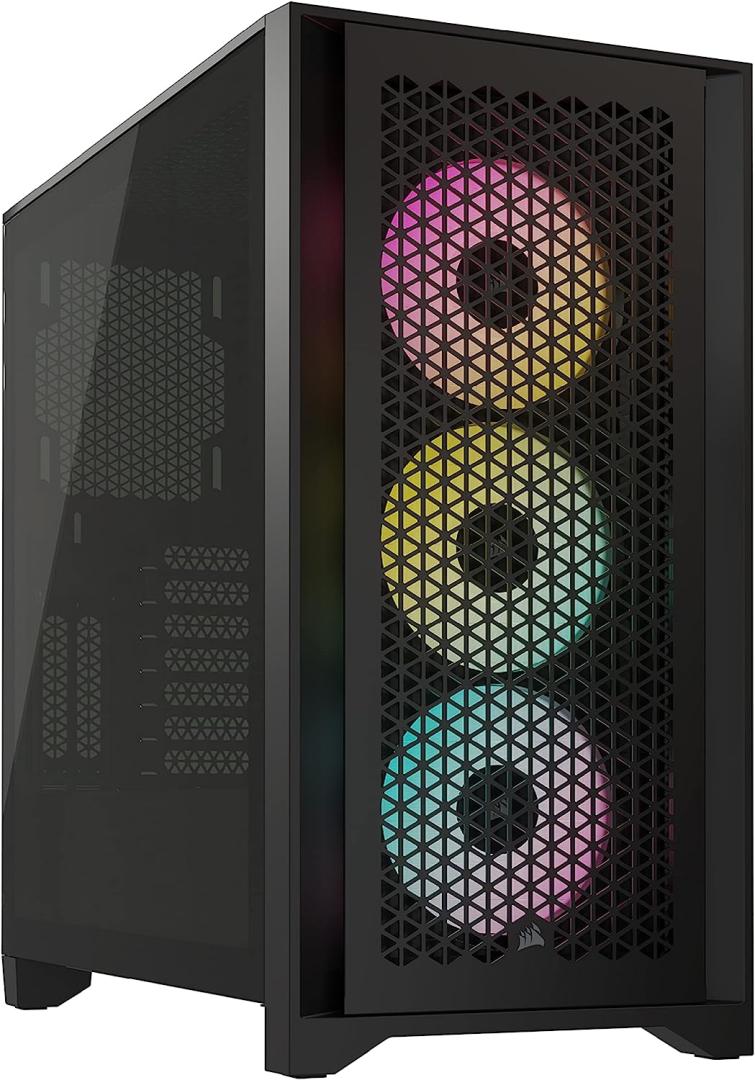
|
Corsair iCUE 4000D RGB Airflow Mid-Tower Case |
4000D RGB AIRFLOW case provides amazing cooling and RGB lighting. |
|
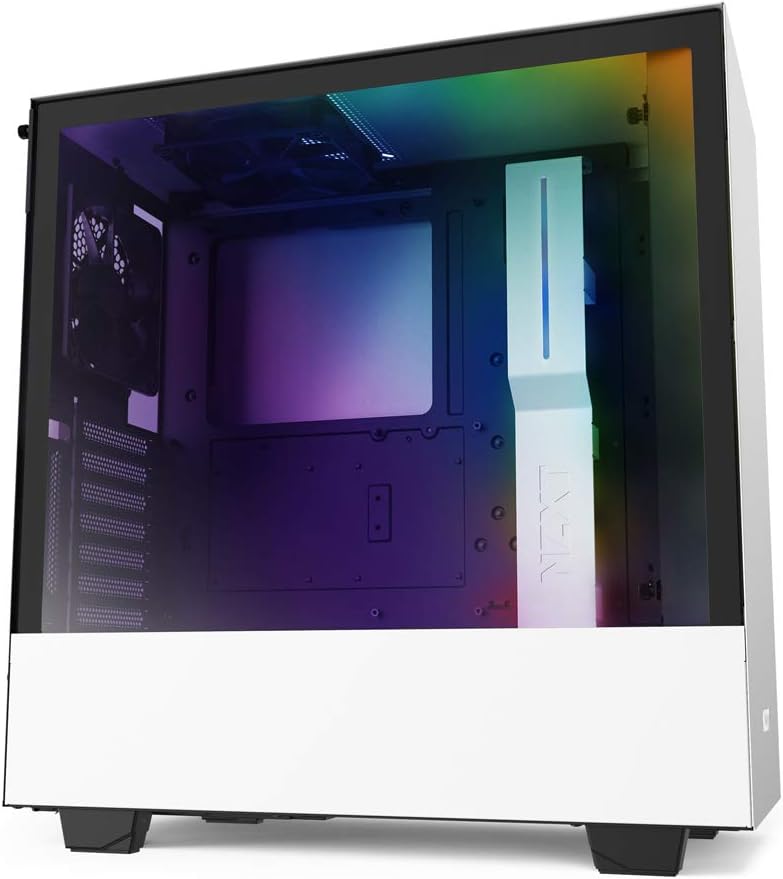
|
NZXT H510i – Compact ATX Mid-Tower PC Gaming Case |
Front I/O USB Type-C Port, Vertical GPU Mount, Tempered glass side panel |
|
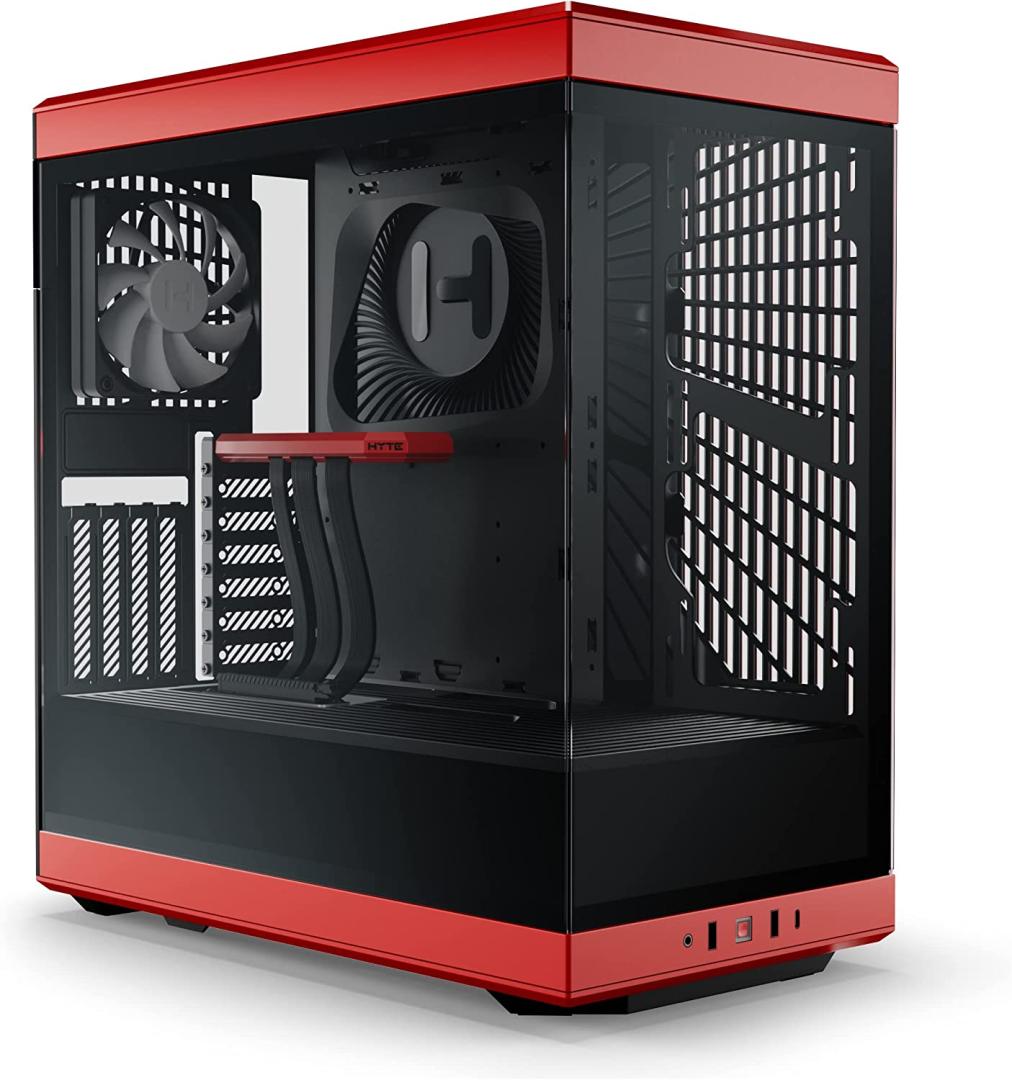
|
HYTE Y40 Mid-Tower ATX |
Gaming Case with PCIE 4.0 Riser Cable Included |
|
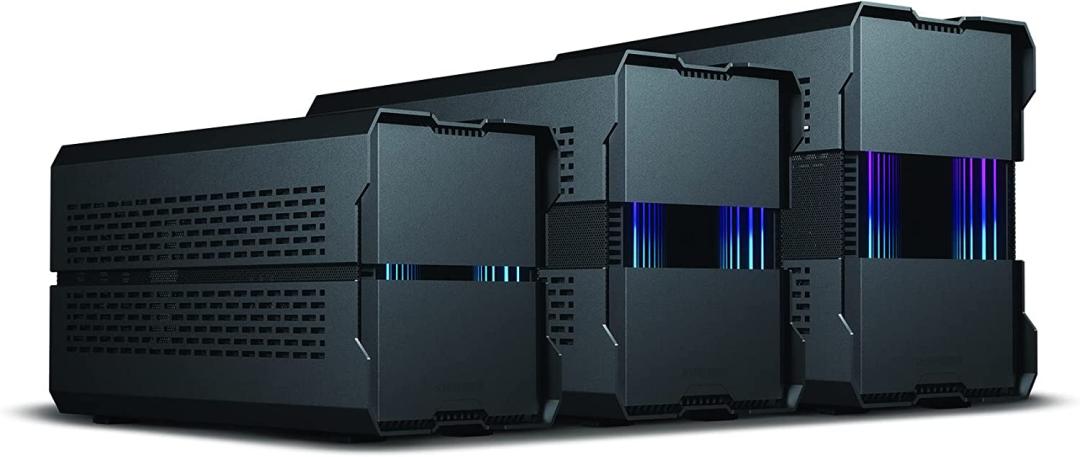
|
Phanteeks Evolv Shift Mini-ITX PC Case |
Extendable Small Form-Factor Chassis, Mini-ITX Gaming Chassis, Triple-Slot GPU Support |
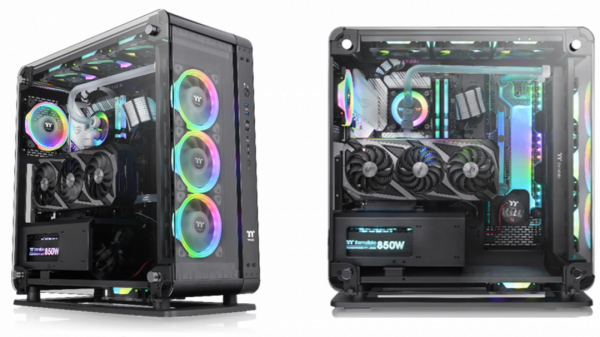
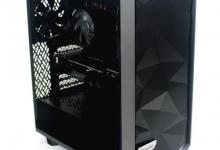
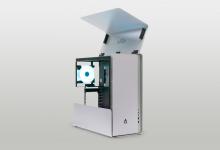
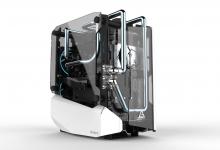
Check Out Our Amazon Store with Modders Inc
Please Support PCTestBench as Every Purchase Helps